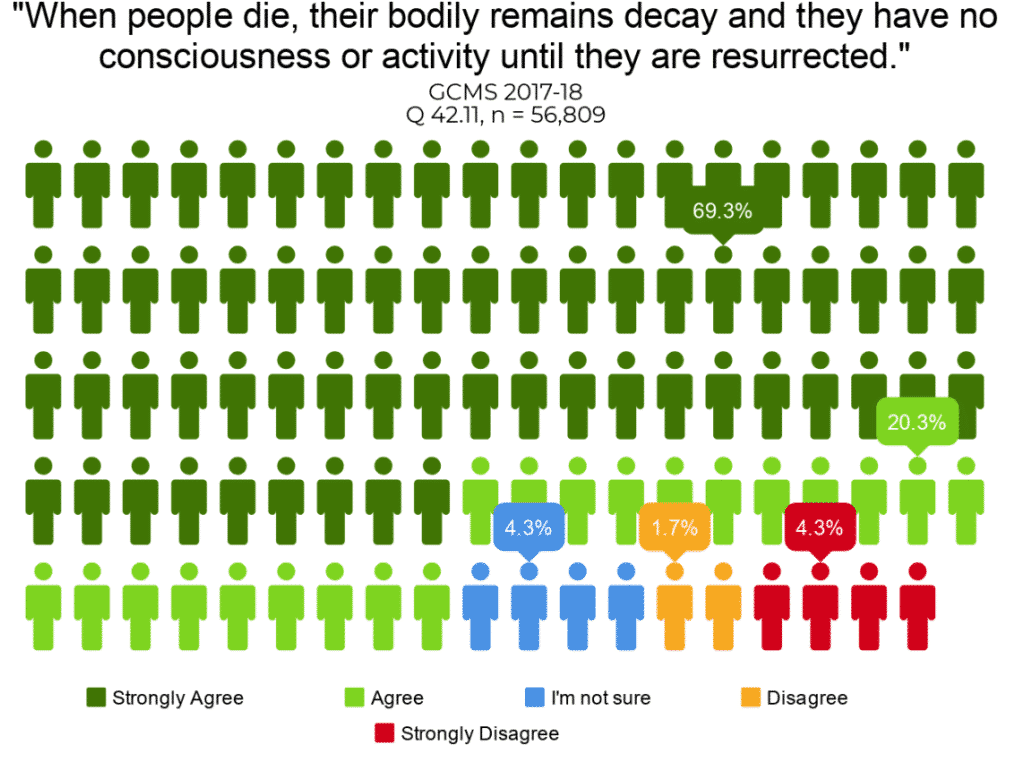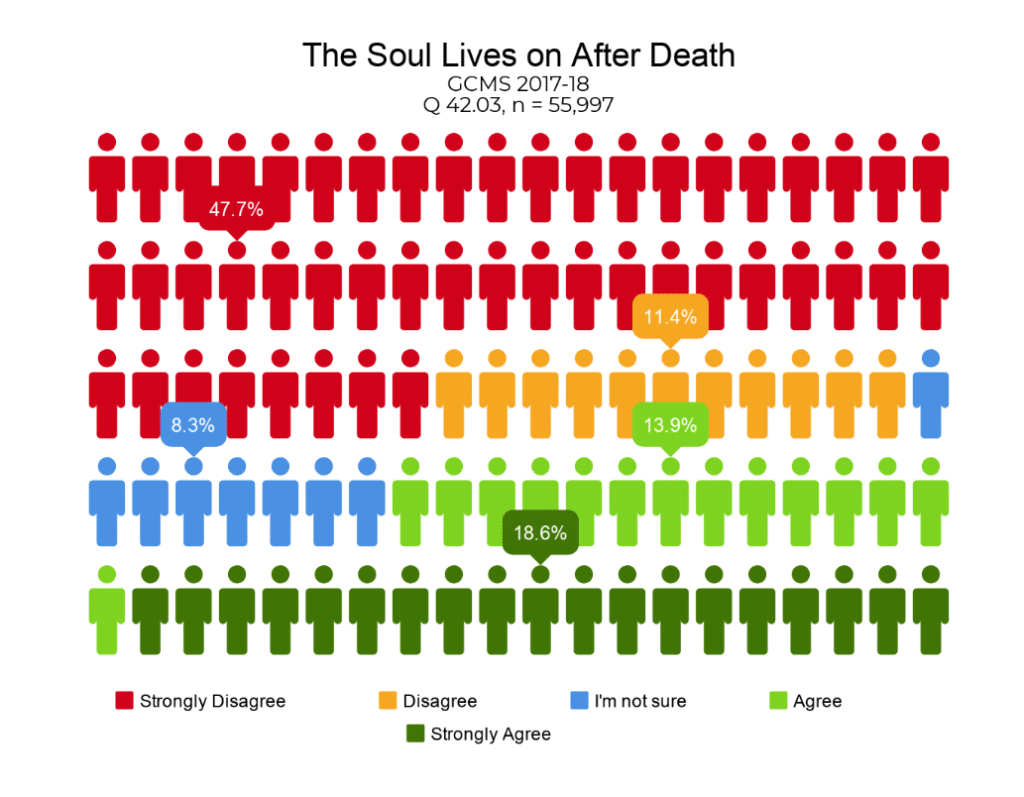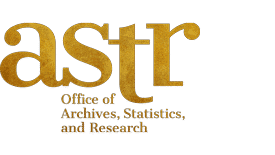For the living know that they will die, but the dead know nothing; they have no further reward, and even their name is forgotten. Their love, their hate and their jealousy have long since vanished; never again will they have a part in anything that happens under the sun.
Eccl. 9:5, 6 (NIV)
When compared to other Christian denominations, Adventists have a unique perspective on death. Most other denominations believe that a person—or at least their soul—goes to heaven when they die. However, according to the 28 Fundamental Beliefs, Adventist believe that:
The wages of sin is death. But God, who alone is immortal, will grant eternal life to His redeemed. Until that day death is an unconscious state for all people. When Christ, who is our life, appears, the resurrected righteous and the living righteous will be glorified and caught up to meet their Lord. The second resurrection, the resurrection of the unrighteous, will take place a thousand years later.(Job 19:25-27; Ps. 146:3, 4; Eccl. 9:5, 6, 10; Dan. 12:2, 13; Isa. 25:8; John 5:28, 29; 11:11-14; Rom. 6:23; 16; 1 Cor. 15:51-54; Col. 3:4; 1 Thess. 4:13-17; 1 Tim. 6:15; Rev. 20:1-10.)((Fundamental Beliefs of Seventh-day Adventists. (2019). Death and Resurrection. Retrieved from https://www.adventistarchives.org/sdafundamentalbeliefs))
As you can see, this belief has a strong, Biblical foundation and one would expect that SDA church members around the world to embrace. In the 2013 Global Church Member Survey (GCMS), however, it became evident that there is some uncertainty on this subject amongst SDA church members worldwide. For example, one of the questions in the survey asked participants to respond to the statement: “When a person dies their body remains in the grave and their soul sleeps until the resurrection.” While 79% of respondents strongly agreed with that statement, overall there were five divisions that showed about 10% or more of strong disagreement with it. Around 13% of respondents globally showed some degree of disagreement with the statement.
To understand if the confusion was largely caused by the wording of the question, the 2017-18 GCMS authors modified the original question on the state of the dead. In the 2017-18 version of the survey, church members were asked to respond to the statement “When people die, their bodily remains decay and they have no consciousness or activity until they are resurrected [at Jesus’ Second Coming]” (Q42.11). A large majority (about 90%) agreed or strongly agreed with this belief; however, 4% of respondents shared that they are not sure what they believe, and 6% either disagreed or strongly disagreed with the statement which may be considered an improvement compared to the 2013 data.((To read more about the GCMS 2017-18 data compared to the results from 2013, read this presentation by Dr. David Trim from the office of Archives, Statistics, and Research: https://www.adventistresearch.info/sites/default/files/files/AC2018%20-%20Global%20Church%20Member%20Survey%20Data%20Report.pdf))

A second question on the state of the dead (Q42.03) in the 2017-18 GCMS asked church members to respond to the statement: “The soul is a separate, spiritual part of a person and lives on after death,” with which 59% of respondents disagreed or strongly disagreed.

However, a third of respondents agreed with this statement to some degree and 14% of respondents shared that they are not sure what they believe on this subject. This is concerning, as this belief directly contradicts Scripture and the 28 Fundamental Beliefs of the Adventist Church.
Given that the 2013 GCMS suggested that church members are confused about the state of the dead, the 2017-18 GCMS researchers wanted to dig little deeper to better understand what church members believe and if those beliefs have changed over time. Some of the additional questions they asked were: how do church members around the world view other aspects of the state of the dead? Does the church provide adequate instruction on this topic? Be sure to read our next blog, where we’ll examine what 2017-18 GCMS respondents said.
Creado en colaboración con el Instituto del Ministerio de la Iglesia (Institute of Church Ministry).
Published by ASTR

